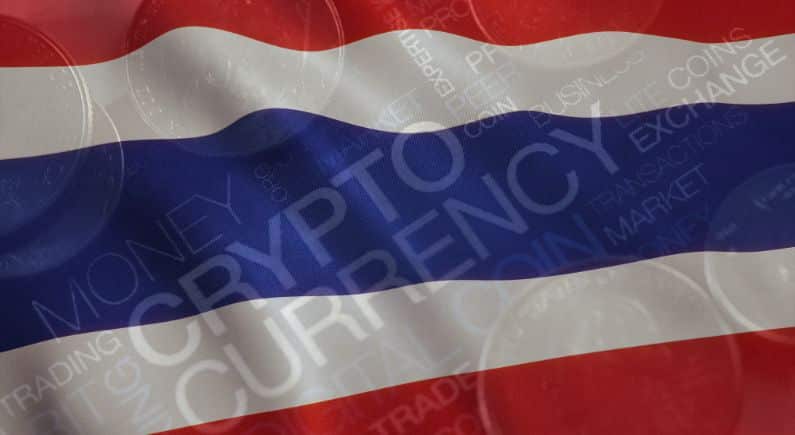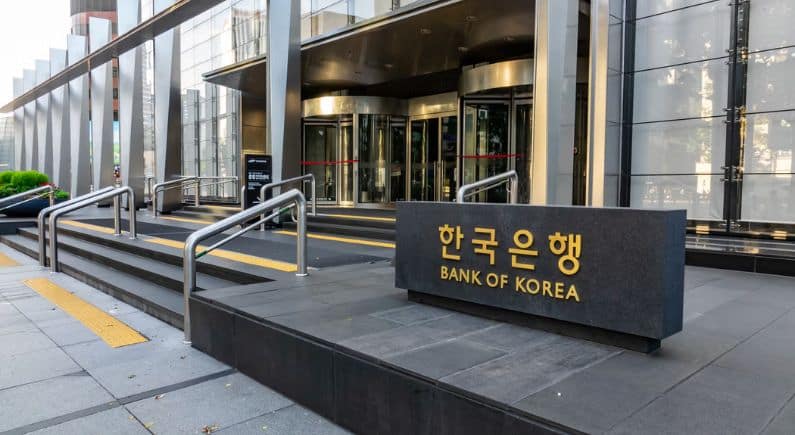Smart contracts could revolutionise money forever, experts say

The way we all deal with money could be changed by smart contracts, but regulatory frameworks are needed, says an expert panel at AIBC Dubai
Smart contracts could revolutionise how we all handle and think about money in the coming years, but the necessity exists for well-thought out and transparent regulatory frameworks for digital currencies to be put in place around the world, agreed members of a panel discussion at AIBC Dubai.
The discussion, entitled “How are digital currencies transforming local economies?”, was held on the opening day of the summit, and explored how digital currencies are changing the traditional pillars of finance all across the world.
In its most basic form, a smart contract is programmable money. A rudimentary example is using a smart contract to bet against someone on what the temperature is going to be in a given location on a given day. Whoever makes the right prediction gets the money tied into the smart contract by both parties.

She added that smart contracts allow for the convergence of blockchain and artificial intelligence technology, creating the scope for autonomous money, which has a “multi-trillion dollar implication” for the near future.
Alex David, CIO of Tezos Israel, enthused about the potential that smart contracts have to change how we go about banking, doing away with the need for waiting in line, withdrawing money from ATMs and dealing with bank tellers. He added that smart contracts are “one of the most revolutionary things that have happened to humanity since the internet”.
Crucial Importance of Regulatory Frameworks
Despite the exciting possibilities offered by smart contracts, Simone Mazzuca, founder and CEO of Wallex Bank, emphasised the need for regulatory oversight by traditional financial institutions, adding that it’s crucial for a regulatory framework and dedicated rules for smart contracts to be in place, because without such things, a smart contract is “just a piece of code”.
The need for regulatory frameworks in the digital currency sphere was referenced several times by members of the panel. Although digital currencies are “beautiful, borderless tools”, they also have the potential to create a big bubble if there isn’t some sort of centralisation and regulation implemented in the future.
Anna Melton, COO of Bitcoin.com Exchange, said: “It’s very exciting to see the comfort level of different governments and jurisdictions with digital currencies increase, but there has to be a sweet spot between regulation and over-regulation to prevent stifling what these digital currencies can do.”
Most countries around the world don’t have a clear regulatory framework pertaining to digital currencies, so “we can imagine the future, but not really apply it”. The panel agreed that education and regulation will play a very important part in the bridge from traditional finance to cryptocurrencies and DEFI, also citing the need for transparency, solid systems and importance of giving back to national economies.
Furthermore, the language currently used in relation to digital currencies is very confusing, so there’s a big need for simplification and education so that users can approach digital currencies in a more tangible way, and feel a shift from the traditional ways of banking and handling money to the new, digital way.
Another point raised in relation to the way forward with regulatory framework was that governments tend to over-regulate things, regardless of the sphere being regulated, with China being cited as an example of what should not be done in other jurisdictions. The way things are unfolding in America is positive for digital currencies going forward, with many finance entrepreneurs moving into the political sphere, creating scope for the regulatory structure in that country to be framed in a “friendly way as opposed to a restrictive way,” added Mr. David.
The panel was moderated by Jorge Sebastiao, CEO of Nimbus Defi.
Next up: Malta Week
Don’t miss out on amazing networking opportunities and exclusive industry insights at Malta Week. Four leading shows will bring the best of the business back-to-back to a first-class meeting point. Malta Week will consist of events of SiGMA, AIBC, Med-Tech World and AGS, each presenting the top developments of their focal industries.
The cross-collaboration of each brand make Malta Week the number one destination for leading think-tanks of the gaming sector, emerging tech, digital health and digital marketing. The middle of the Mediterranean is the perfect place for multi-faceted business deals and face-to-face conversations with leading affiliates, policy makers and thought leaders.






